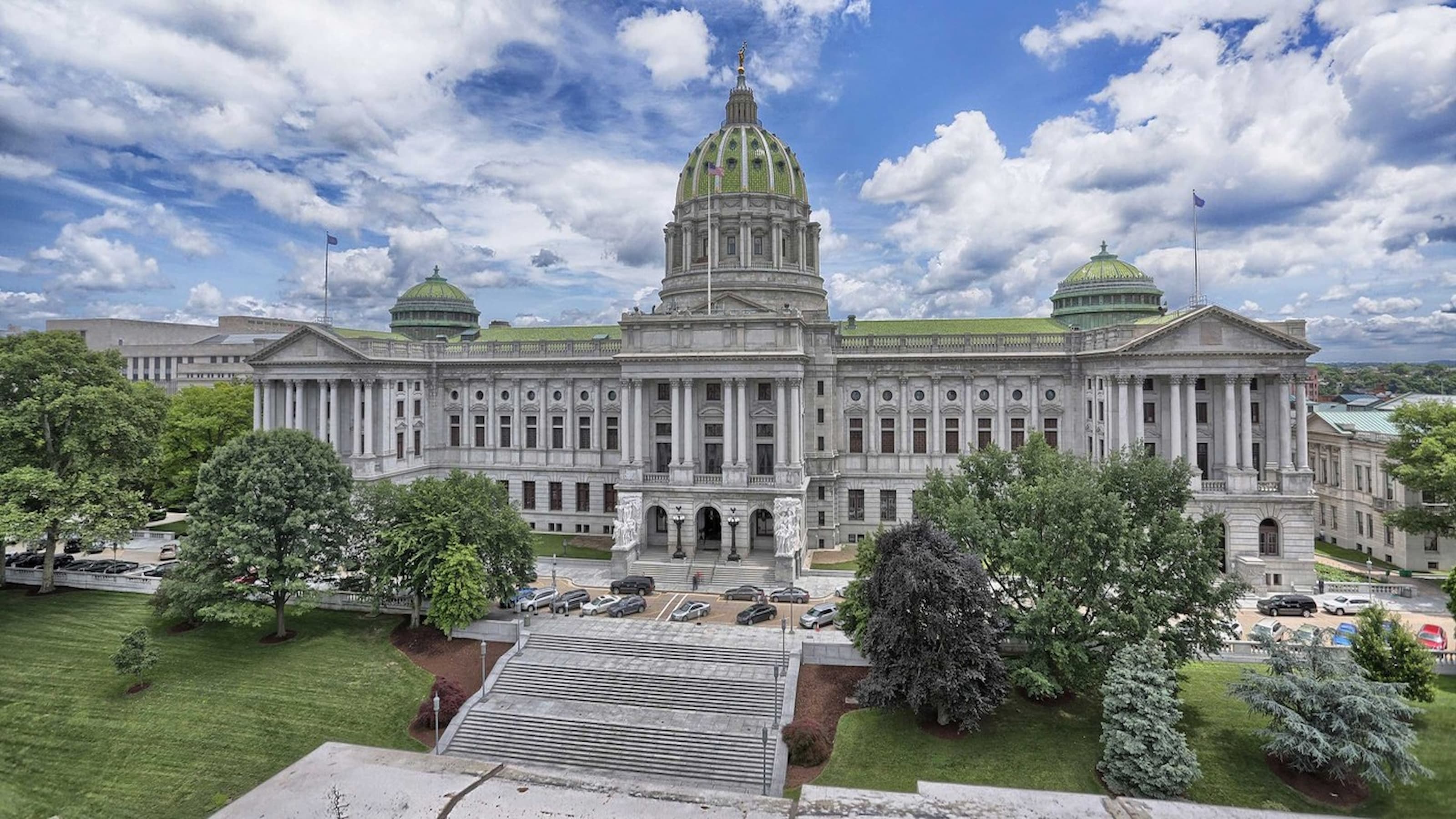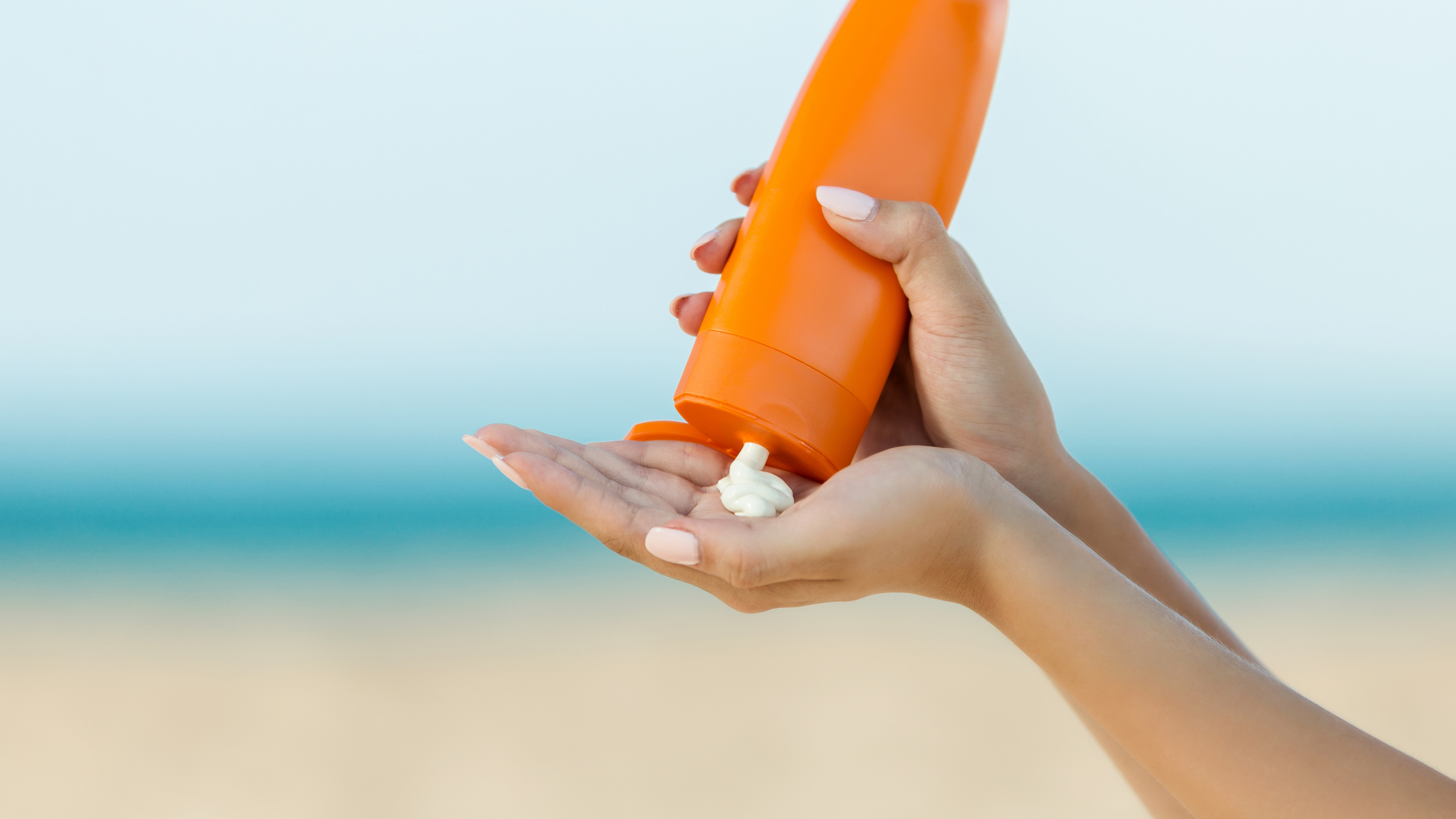Study Examines the Benefits of Using Medical Marijuana to Treat Opioid Addiction
A recent Saint Joseph’s research article makes the medical and ethical case for marijuana as a viable alternative to current replacement therapies used to treat opioid addiction.

Research on marijuana’s use in medicine is limited because it is classified as a Schedule 1 drug by the U.S. government, meaning it is considered to have no use in treatment of disease and has a high potential for abuse. But a recent study co-authored by the members of the Opioid Task Force at Saint Joseph’s Institute of Clinical Bioethics explores the need to expand this research and how it could benefit the Philadelphia community.
Much of the study, “Is Medical Marijuana a Viable Option for Opioid Replacement Therapy?” focuses on the possible benefits and ethical considerations of using medical marijuana as a replacement therapy for individuals with substance abuse disorders. This treatment involves prescribing a replacement drug, typically administered in a supervised clinical setting, that helps patients cope with withdrawal, reduces cravings and blocks the effects of the abused substance. The study was recently published in the Journal of Addiction and Dependence.
The Opioid Task Force includes five medical residents from Mercy Catholic Medical Center, five students from the Philadelphia College of Osteopathic Medicine and five research fellows at the ICB. The Task Force also recently published a paper detailing a model for safe injection sites in Philadelphia.
“Methadone and Suboxone are the most frequently used replacement therapies; we're offering a third alternative,” in marijuana, says Peter Clark, S.J. Ph.D. ’75, professor of medical ethics, John McShain Chair in Ethics and director of the ICB. “It is a potential alternative that we believe more research funding should go into to help those who are addicted to opioids.”
The opioid epidemic has had far-reaching effects in the U.S., spreading to both rural and urban areas and impacting individuals of all races and income levels. According to Clark and Mamo’s paper, more than 700,000 people in the U.S. died of drug overdoses between 1999 and 2017; 400,000 of those deaths involved opioids. The CDC has reported that an average of 130 opioid-related overdoses occur each day. Recently, experts have predicted that the economic and healthcare implications of COVID-19 may increase those rates.
Clark explains that marijuana’s Schedule 1 status means the U.S. Drug Enforcement Administration defines it as having “no medical advantages.” As a result, the federal government has made it illegal, even though it is legal for adults over 21 in 11 states and legal for medical usage in 33 states. However, marijuana’s legal status, along with accompanying political and public debate, has complicated research into its use as a medical treatment.
The more we can remove people and get them off the opioid, it will decrease healthcare costs, allow them to be productive members of society, and work on what is in the best interest of individuals that are opioid-addicted.”
Peter Clark, S.J., Ph.D. '75
Professor of Medical Ethics, John McShain Chair in Ethics and Director of the Institute of Clinical BioethicsFor Task Force member and study co-author Gabriella Mamo ’17, a student at the Philadelphia College of Osteopathic Medicine, living in Philadelphia, a city that has been hard hit by the opioid crisis, amplified her dedication to the study. While possession of marijuana in Philadelphia has been decriminalized, the substance is still illegal for recreational use.
“Kensington, and the area surrounding there, is in one of the most serious crises in the country,” says Mamo, who is also a fellow at the ICB. “Not only would adding research on medical marijuana positively impact the community, but we also proposed in the study that building a medical marijuana clinic would be beneficial.”
Clark and Mamo both believe that the most important aspect of their research is the way in which it aligns with the ethical aspects of Catholic social teaching, which centers around the sanctity and quality of human life.
“We know that you can't just put everyone into rehab, so what we’re trying to do here is to keep people alive until they are ready for rehab, if it's a viable option,” says Clark. “The more we can remove people and get them off the opioid, it will decrease healthcare costs, allow them to be productive members of society, and work on what is in the best interest of individuals that are opioid-addicted.”
A controversial subject across the country, the use of medical marijuana in any capacity is likely to draw scrutiny. But Mamo believes the results and recommendations of the study will speak for themselves.
“There will be a lot of pushback. People will complain that it'll bring more crime and drug use into the area,” she says. “In reality, the long-term effects will help the crisis, and more research can be done in proving that medical marijuana is useful in treating opioid use disorder. The important thing is helping the opioid crisis.”
#BBD0E0 »



